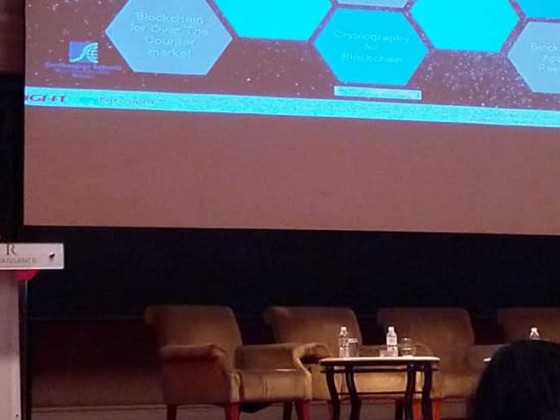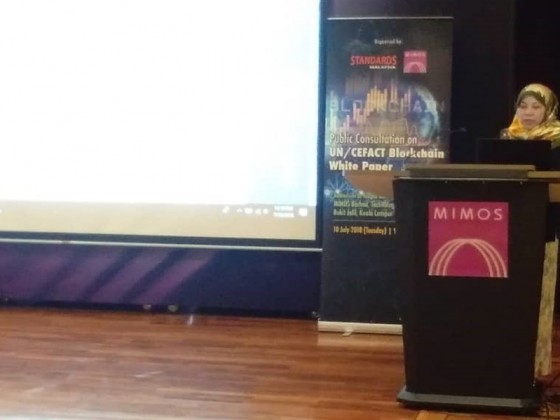Realising the importance of the SBSR industry to the nation, and how Industry 4.0 will impact its ecosystem, MIGHT is currently embarking on an exercise to assess the SBSR industry’s readiness and awareness
by | Rushdi Abdul Rahim | rushdi@might.org.my
At present, the country is undergoing change, and as usual some of these changes are anticipated while some are not. Those who are able to anticipate and best react to the disruptions caused by changes will be winners instead of losers…. And I am talking about change brought upon disruptive technology and the phenomenon known as Industry 4.0. That is why we here in MIGHT encourage industry and business organisations to be more future prepared, looking at the horizon anticipating and adapting to changes.
One such industry is the Shipbuilding and Ship Repair (SBSR) industry—considered as a strategic industry to the country with more than 100 shipyards nationwide, which builds and undertakes maintenance, repair and overhaul (MRO) of vessels in various types and sizes. The industry generates multiplier effects to the nation’s economy through local and foreign direct investments, spurring infrastructure development, promoting manufacturing activities and supporting services.
MIGHT continuously analyses the strengths and weaknesses of the industry, the impact of technology on socio-economy, promoting national high technology agenda, and identifies potential technology solutions particularly those pertaining to cross-industry impacts.
Realising the importance of the SBSR industry to the nation, and how Industry 4.0 will impact its ecosystem, MIGHT is currently embarking on an exercise to assess the SBSR industry’s readiness and awareness by gathering feedback from the industry players—particularly their thoughts on embracing Industry 4.0. Industry 4.0 is no longer a future trend. At this juncture it is obvious that with all the tools that are available from the advancement of technologies—such as the Internet, wireless sensors, software and other technologies— they can work together to optimise production processes and improve customer satisfaction. These tools would allow businesses to react more rapidly to market changes, offer more personalised products, and increase operational efficiency in a cycle of continuous improvement.
Prospective Benefits of Industry 4.0
Higher flexibility given by small batches production with the economies of scale of mass production
Higher speed from prototyping to production using innovative technologies
Optimised productivity and efficiencies due to lower set-up time and reduced downtimes Improved quality and scrap reduction thanks to real time production monitoring through advanced sensors
Higher competitiveness of products and businesses with a level playing field through cooperation and confederation of firms
But we must be mindful that Industry 4.0 needs to be driven by the industry as it requires making major shifts within an organisation’s internal structure and processes.
Government, on the other hand, will continue to facilitate and provide support in various ways. In fact, the Government has already embarked on several initiatives that will shift the country towards Industry 4.0 via the National Strategic Roadmap on Internet of Things (IoT), the world’s first Digital Free Trade Zone and setting 2017 as the year of the Internet Economy for Malaysia, among many others that are in the pipeline.
An online survey is also currently accessible to industry stakeholders to gauge the industry’s awareness and readiness on Industry 4.0 among the Malaysian shipbuilding and ship repair industry players in Malaysia. All industry players are invited to give their inputs.
Link for the online survey: http://bit.ly/2LlWZ9r
The National Industry 4.0 Framework reveals that we may face roadblocks when it comes to the readiness of infrastructure and ecosystem, lack of funding and incentives, development of critical human capital and harmonisation of standards. However, this should not hinder us to move forward. A roadblock will remain a roadblock. It is how we manoeuvre around these obstacles is what matters most. Nevertheless, by hook or by crook, we need to change to remain relevant in this new age business environment.









